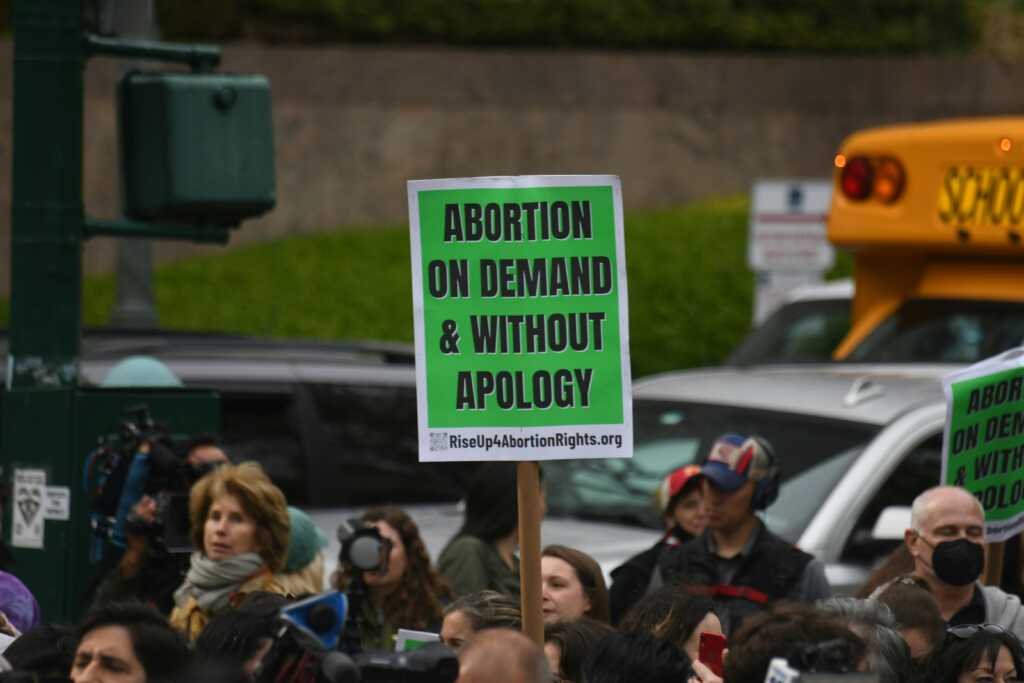Andrea Trudden, vice-president of communications and marketing at Heartbeat International, a massive network of crisis pregnancy centers, believes there are many myths and misconceptions being perpetuated by pro-choice activists — and she joined CBN News to correct the record.
Listen to the latest episode of “Quick Start” 👇
“Pregnancy health organizations have been around for more than 50 years, and what they do provide is care and resources for pregnant women who may be facing a difficult decision,” Trudden said. “It’s unexpected — she just needs some support. Maybe some medical care, so an ultrasound and things like that.”
The pro-life leader said some people simply don’t like pregnancy centers because “they do not provide abortion” and, thus, will fall victim to attack. Critics will claim pro-life centers like this aren’t actually medical clinics, though Trudden pushed back on this assertion.
“The reality is, 80% of our affiliates, which we have 2,200 in the states — 3,700 around the world — 80% of them are pregnancy help medical clinics, which means that they do fall under the guidance of a medical director,” she said. “That is a claim that you will hear, quite often … that they are fake clinics where the reality is actually quite the opposite.”
The non-medical centers provide parenting classes and what Trudden described as “material aid” for women, among other services. She said pro-choice activists will often try to confuse women about these facts and details.
“[Also,] 97% of all women who are actual clients actually give us satisfactory ratings,” Trudden said. “So they appreciate the help and support that they’re given through these pregnancy help organizations.”
She also discussed the impact of the Dobbs v. Jackson Women’s Health Organization, the Supreme Court case that overturned Roe v. Wade and returned abortion rights to the states. When the draft of the decision leaked, she said pro-life pregnancy centers were immediately under attack.
“What we saw right away is actually some violent attacks against pregnancy help organizations,” she said. “So they did have to shift security measures, and we were providing them with some information and education as to how they could do that and properly prepare for … better security, how they can better engage with the community.”
Abortion pill reversal — a process meant to help women who start the abortion pill process and change their minds — is also becoming more prevalent after the fall of Roe, as these centers seek to meet demand.
Some of what these organizations now have to do surrounds “educating the community about the dangers of the abortion pill,” and then letting them know about abortion pill reversal.
“The abortion pill is actually two parts — there’s two different pills,” she said. “If, after taking that first pill, the woman regrets that choice, she has a chance to reverse that decision. Two out of three times it works, which is fantastic. She can call the Abortion Pill Rescue Network helpline and be connected to a local medical professional to help her through this.”
Trudden said more than 6,000 lives have been saved as a result of abortion pill reversal, though she said restrictions have been placed on pro-life centers in locations like California and New York that prevent touting the measure, claiming false advertising.
As the number of voices facing big-tech censorship continues to grow, please sign up for Faithwire’s daily newsletter and download the CBN News app, developed by our parent company, to stay up-to-date with the latest news from a distinctly Christian perspective.



